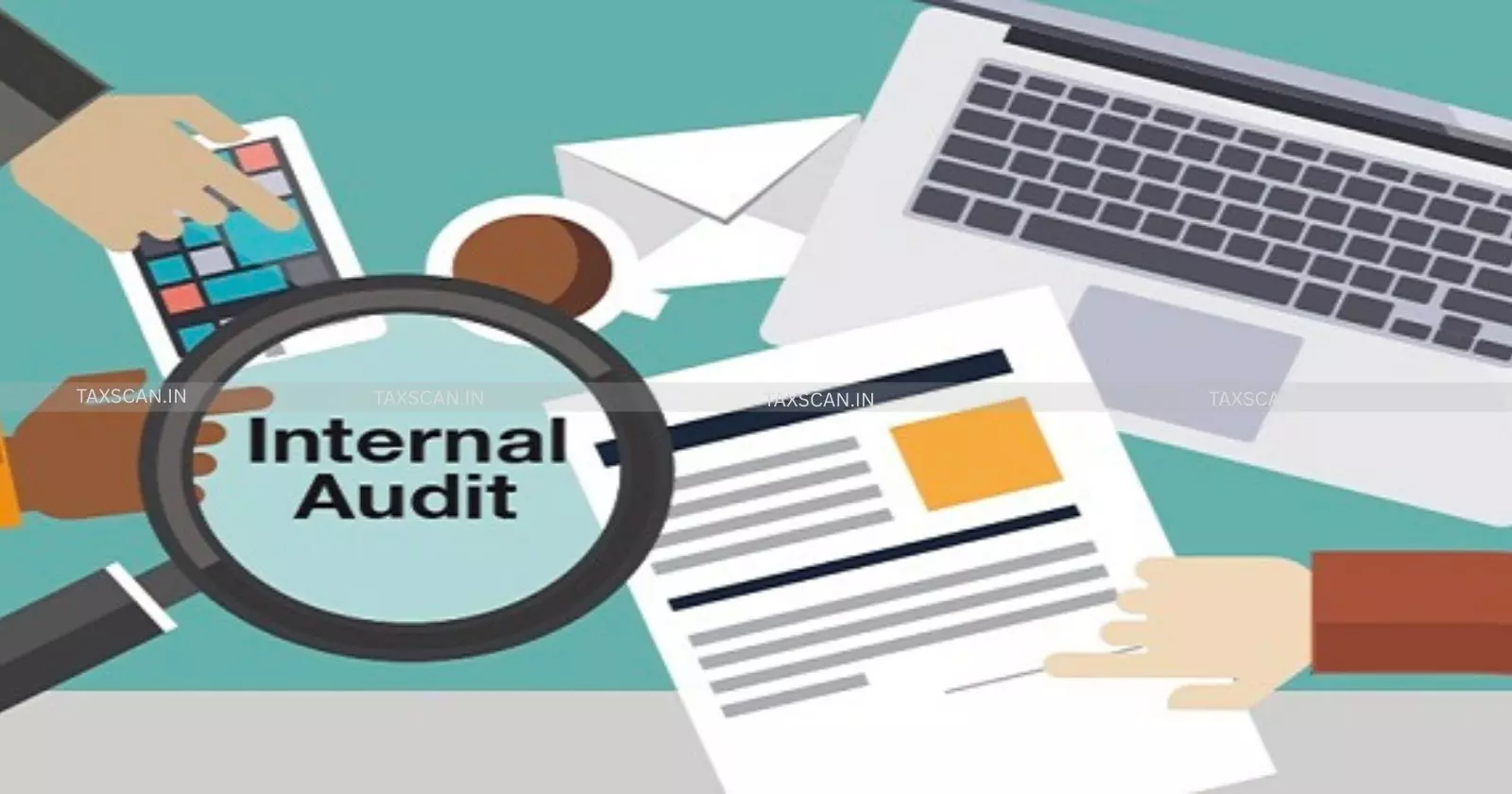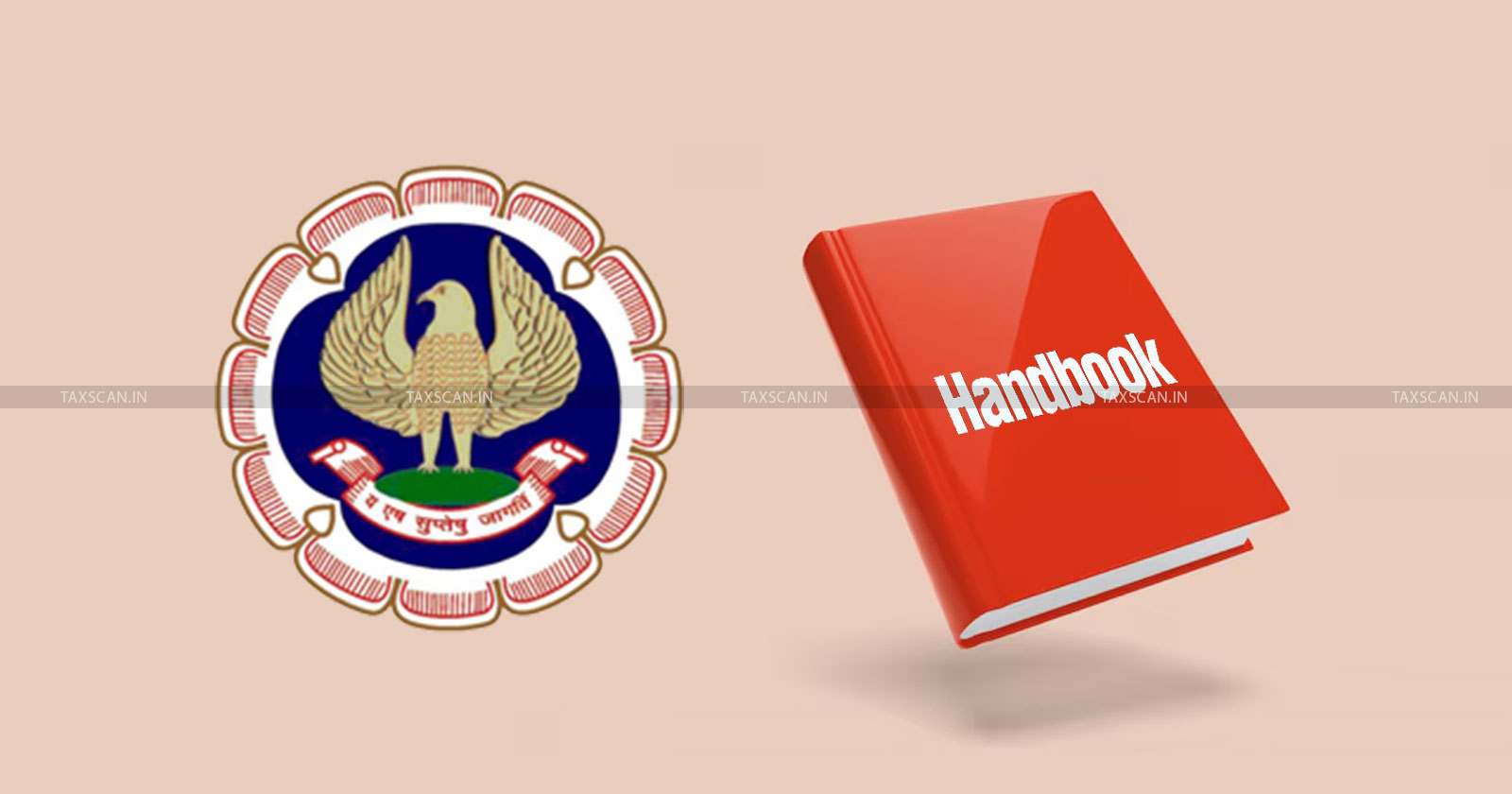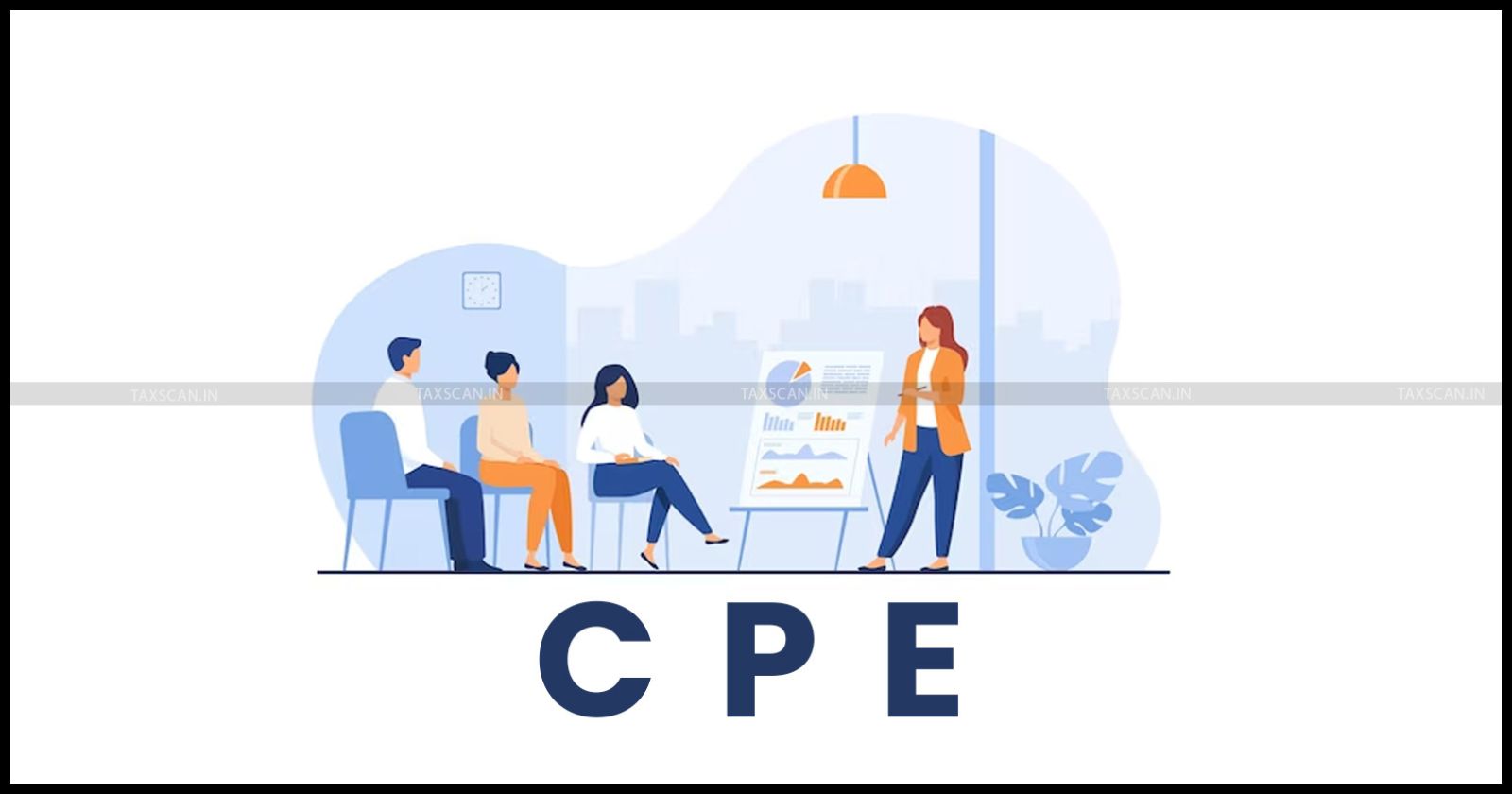ICAI proposes Mandatory Internal Audit: Invites Comments on Draft
Internal audit enables firms to independently assess the effectiveness of internal controls and risk management processes in governance and organizational objectives.

The Internal Audit Standards Board (IASB) of the Institute of Chartered Accountants of India (ICAI) is inviting comments from stakeholders on the Exposure Drafts of the Standards on Internal Audit (SIAs). The Exposure Draft aims to refine and standardize internal audit practices across the profession.
ICAI is seeking the views and suggestions of its members and other stakeholders to comprehensively enhance the quality and applicability of the proposed Standards. Interested individuals may submit their comments online through the link provided in the document until October 23, 2025.
Want a deeper insight into the Income Tax Bill, 2025? Click here
Purpose and Scope of the Exposure Draft
The Exposure Draft which is titled ‘Preface to the Standards on Internal Audit’ essentially is a foundational framework that defines the scope, authority and structure of the pronouncements issued by the Internal Audit Standards Board. It provides the guiding principles that govern the formulation, interpretation, and implementation of the Standards on Internal Audit (SIAs) issued under the authority of the ICAI Council.
The Preface of the document outlines the framework established to ensure uniformity, quality and ethical compliance in internal audit functions, setting the stage for a more consistent and transparent approach across industries and organizations where Chartered Accountants are involved.
Understanding Internal Audit and Its Importance
As defined in the Exposure Draft, internal audit enables firms to independently assess the effectiveness of internal controls and risk management processes to enhance governance and achieve organizational objectives. Internal audits ensure that an organization operates within its policies, is compliant with legal and regulatory frameworks and maintains efficient systems and risk mitigation processes.
An internal audit is founded on the core principles of Independence, integrity, objectivity, professional competence and confidentiality; these Standards serve as benchmarks for conducting internal audits with uniformity and diligence, with a clear marking of accountability and governance in concerned organizations.
 Also Read:ICAI releases Handbook on Certificates by CAs: Comprehensive Checklist & Formats (October 2025 Edition)
Also Read:ICAI releases Handbook on Certificates by CAs: Comprehensive Checklist & Formats (October 2025 Edition)
Structure and Contents of the Exposure Draft
The Exposure Draft begins with an introduction outlining the objectives of the Preface and its role in explaining the Standards on Internal Audit. It traces the evolution of the Internal Audit Standards Board, initially formed as the Committee for Internal Audit in 2004, it was renamed as the Internal Audit Standards Board in March 2025. The Board develops Standards and Guidance Notes, promotes best practices, undertakes research and conducts training and outreach programs in internal audit and management accounting.
The Draft defines the framework governing internal audits:
The Basic Principles highlight independence, integrity, objectivity, competence and quality improvement, while the Core Concepts cover internal audit engagements, risk management, compliance, and value addition. The set Standards are principle-based tools that ensure uniformity and quality. Further, the document also contains Guidance Notes, Implementation Guides, and Technical Guides for practical application.
How to Audit Public Charitable Trusts under the Income Tax Act Click Here
Code of Ethics and Mandatory Nature
The Exposure Draft is founded on the ICAI’s Code of Ethics for ensuring professional conduct, focusing on independence, confidentiality and integrity. The ICAI Council has decided that the Standards on Internal Audit will become mandatory in a phased manner, with any deviation from the Standards required to be explained in audit reports.
 Also Read:Accounting Method Consistently Followed with ICAI Guidance Note Cannot Be Disturbed: ITAT Upholds Deduction of Lease Equalization Charges [Read Order]
Also Read:Accounting Method Consistently Followed with ICAI Guidance Note Cannot Be Disturbed: ITAT Upholds Deduction of Lease Equalization Charges [Read Order]
Standard-Setting Process and Governance
Annexed to the exposure draft is the systematic process for developing Standards, including topic selection, formation of study groups, exposure for comments and final approval by the ICAI Council. The process ensures that each Standard balances professional judgment, international best practices, and Indian regulatory needs. Standards will be classified into three series,i.e, Series 100 (Core Concepts and Principles), Series 200 (Audit Execution) and Series 300 (Internal Audit Reporting).
The revised Preface will become mandatory from a future date that will be notified by the ICAI Council. Where Guidance Notes already exist, those will be withdrawn once the relevant Standards come into effect.
Call for Comments and Participation
ICAI has invited comments from members and the public to ensure inclusiveness in the standard-setting process. Stakeholders are encouraged to submit detailed feedback through the online link by October 23, 2025.
Support our journalism by subscribing to Taxscanpremium. Follow us on Telegram for quick updates



